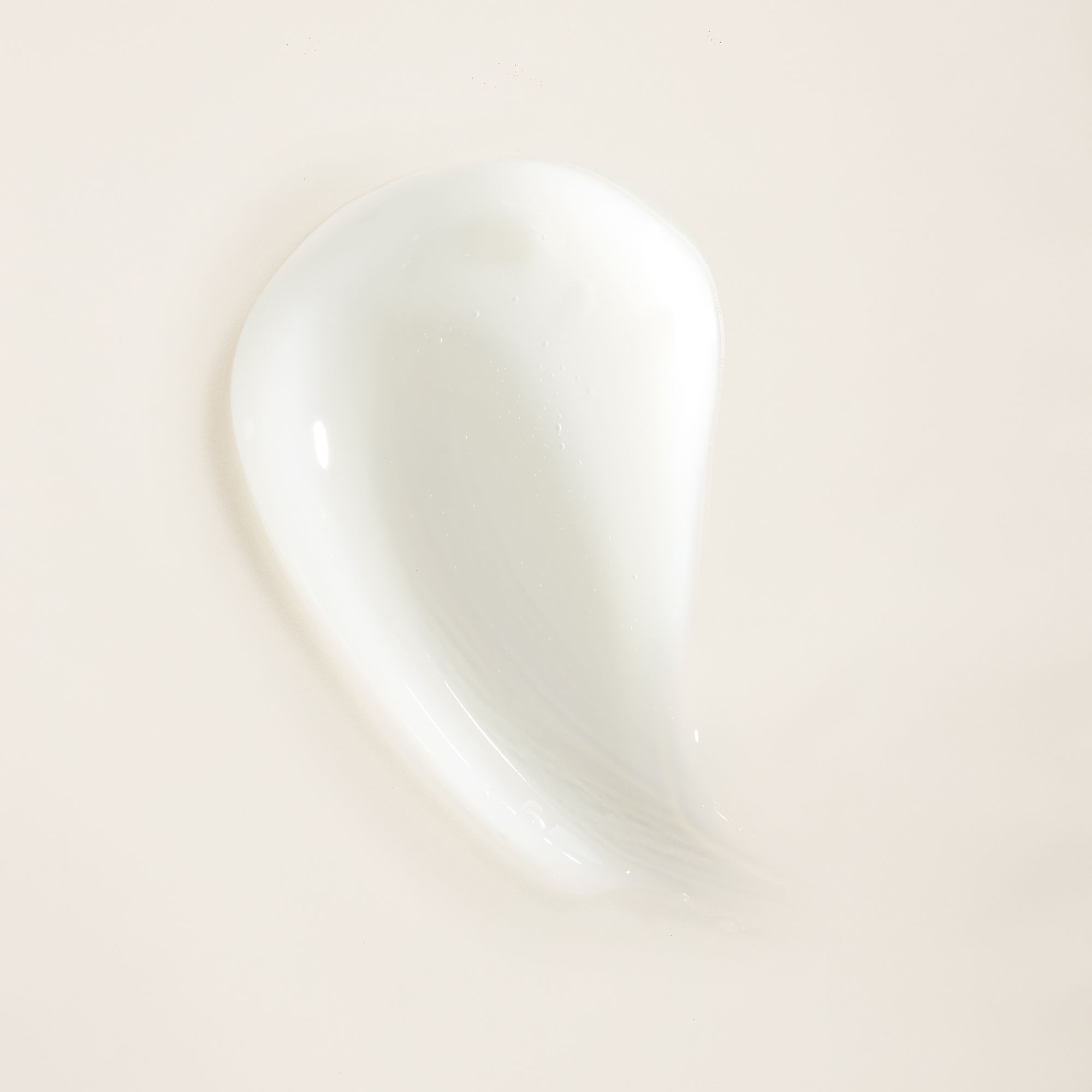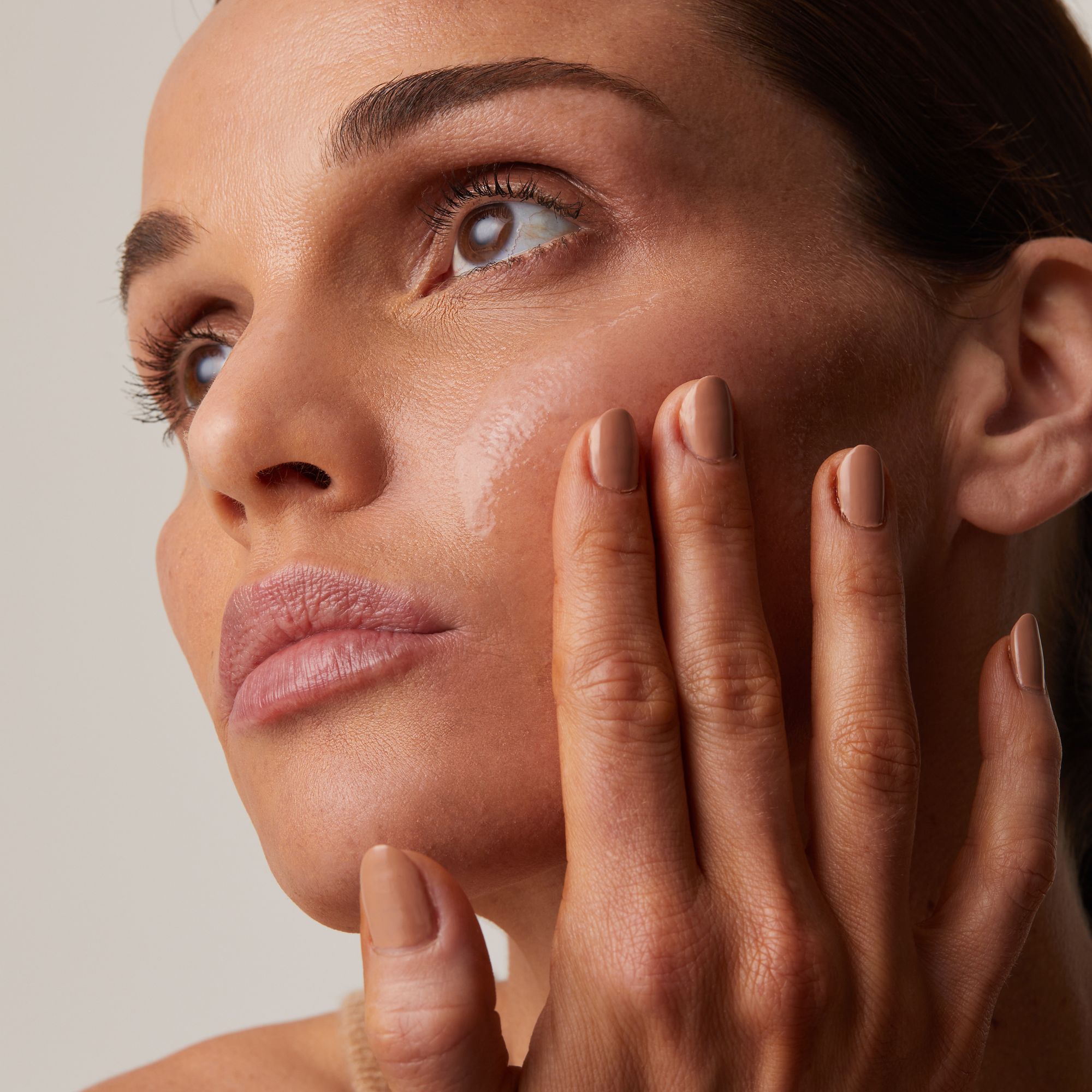We’ll break down the similarities and differences of all three in this article so you can find the right ingredient for you.
Why do we need it?
As we age, skin loses essential proteins like collagen and elastin which causes fine lines and wrinkles. This can start at any age, including your 20s and 30s. Although aging is inevitable, there are ways you can treat signs of aging and preventative measures you can take.
The family of vitamin A derivatives known as retinol, retinal, and retinoid has been crowned the king of skincare for good reason. These potent ingredients have been known to increase cell turnover and encourage collagen production. The result is younger-looking, smoother, and more renewed skin.
What are the differences?
Retinal is known to work 11 times faster than retinol because of how it is converted into retinoic acid, the form of vitamin A skin needs.
Retinal > Retinoic Acid
Retinol > Retinal > Retinoic Acid
Retinal converts directly to retinoic acid in one step, while it takes retinol two steps to convert to retinoic acid. Therefore, retinal has a higher rate of exfoliation, which creates speedier results.
Historically, retinoid is the general term used for any vitamin A skincare product which includes retinol and retinal. However, in recent years the term retinoid has become associated with prescription-only creams such as Retin-A™.
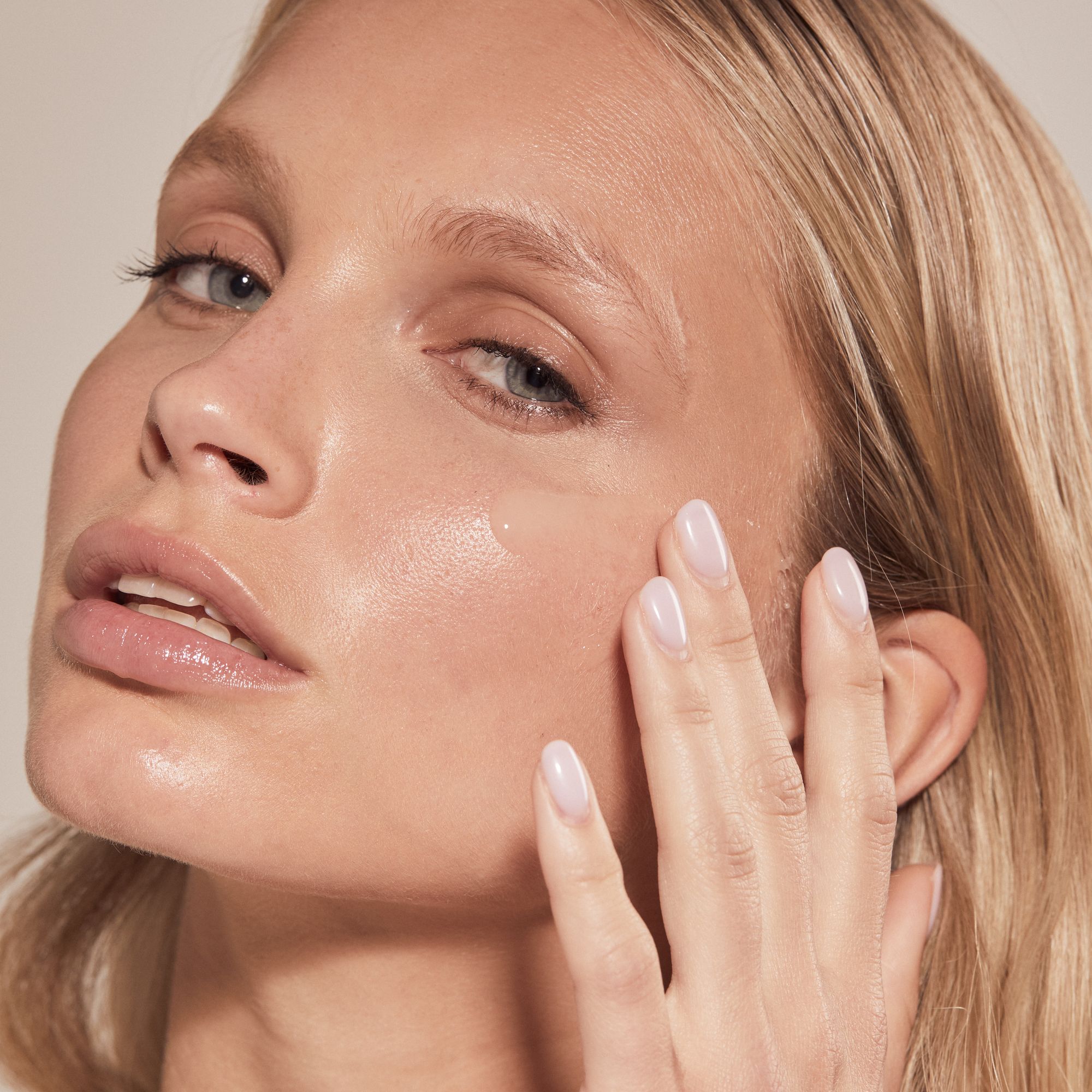
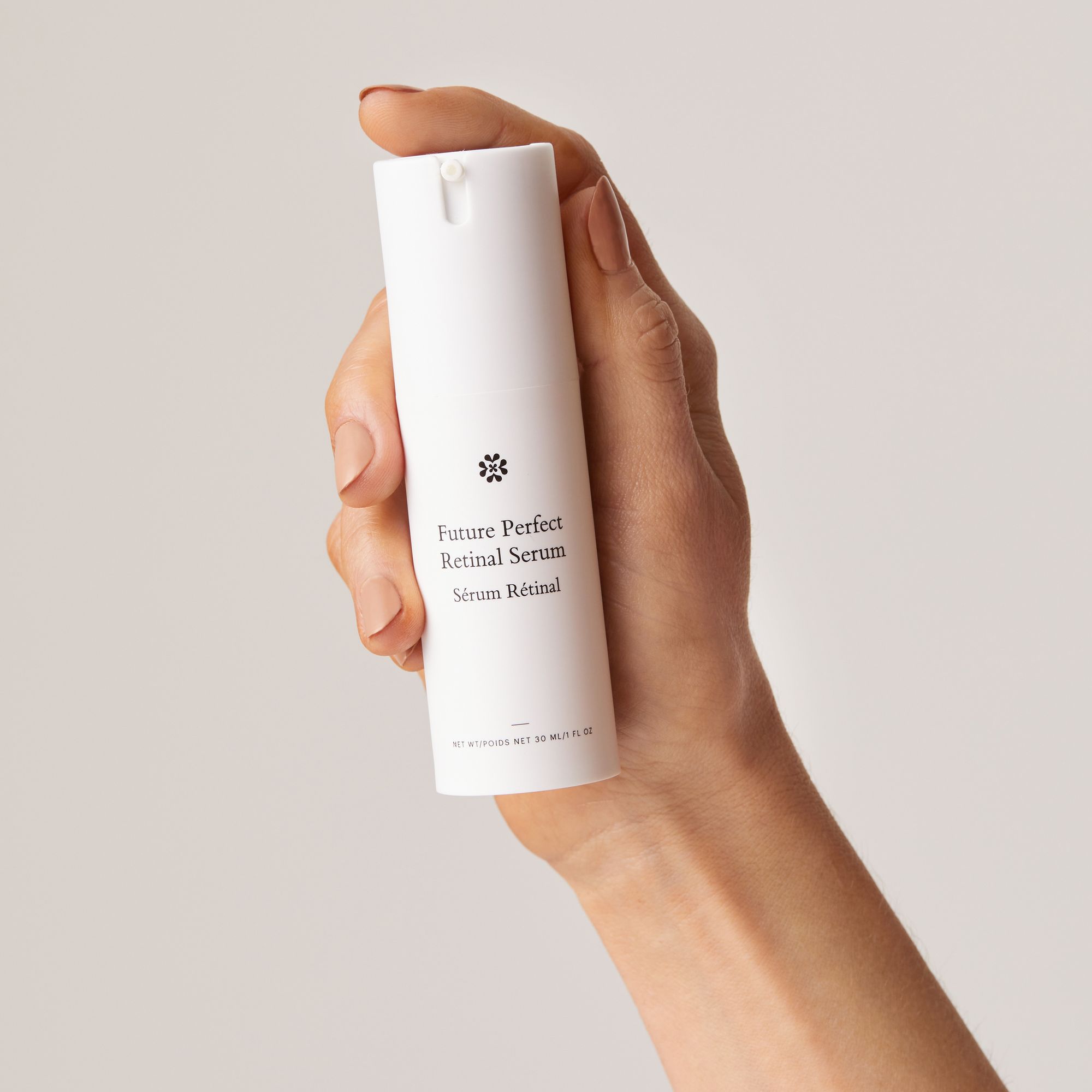
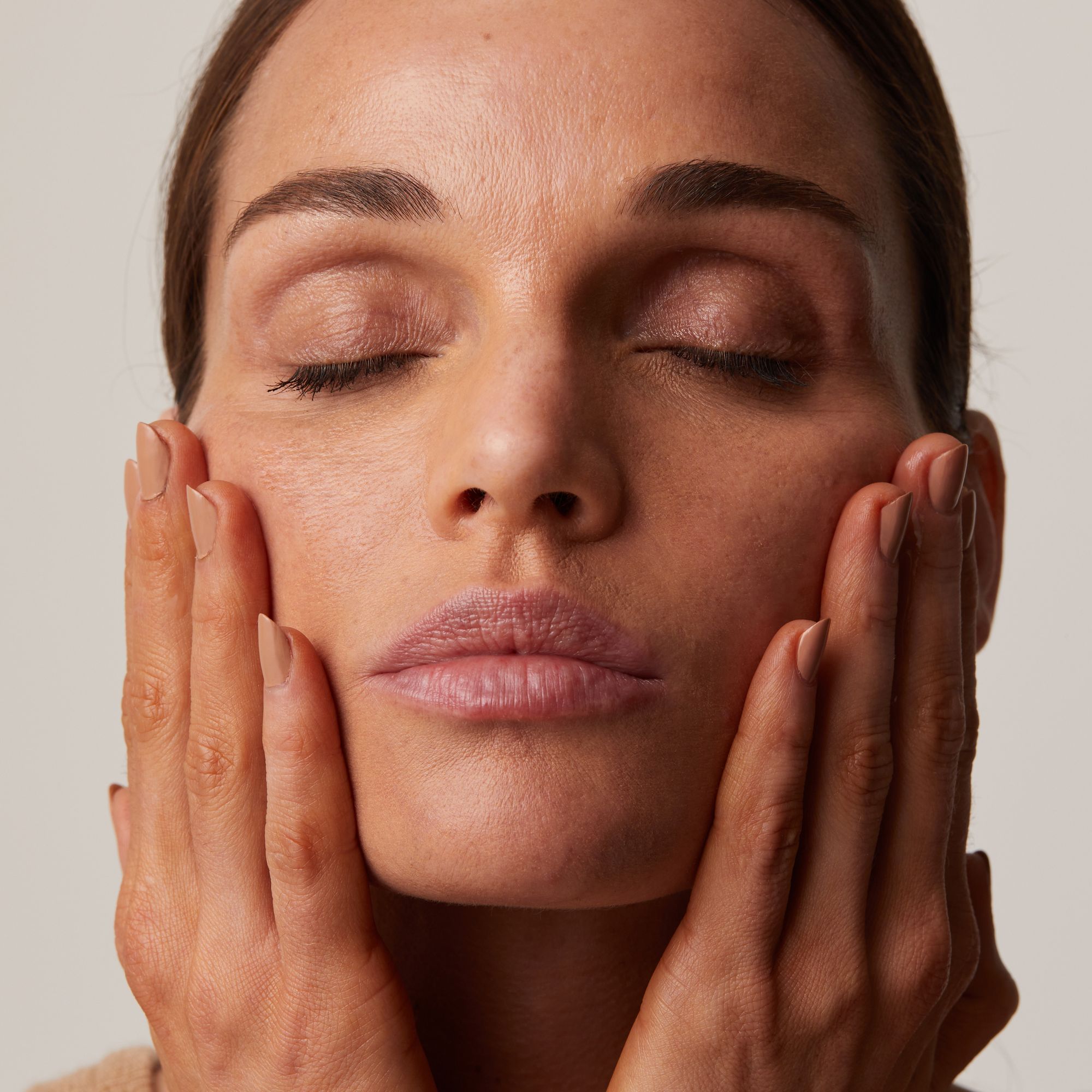
How to use.
If it’s your first time:
- Use a lower concentration if possible.
- Minimize frequency of use by starting with every two days and increasing frequency after two weeks. You may also increase the frequency if your skin is not showing signs of irritation.
- Layer over moisturizer to minimize irritation.
- It’s normal for retinol, retinals, and retinoids to be drying because there is an increased rate of exfoliation on the skin. Your skin may also start purging although this is different for everyone. Keeping skin hydrated and not creating further irritation will minimize the side effects.
Recommended:
- Use an SPF during the day.
- Keep skin hydrated by layering serums or a moisturizer.
Not recommended:
- Do not mix retinoids (including retinols and retinals) with other strong, skin resurfacing actives such as AHA or BHA.
- It is not recommended to use retinoids, retinols, or retinals while pregnant or breastfeeding. Please consult your doctor.
In summary, retinals, retinols, and retinoids can be used as preventative skincare or to treat existing signs of aging making it a great option for everyone. The biggest impact on healthy skin will always be a combination of balanced skincare, a healthy diet, and lots of rest.
